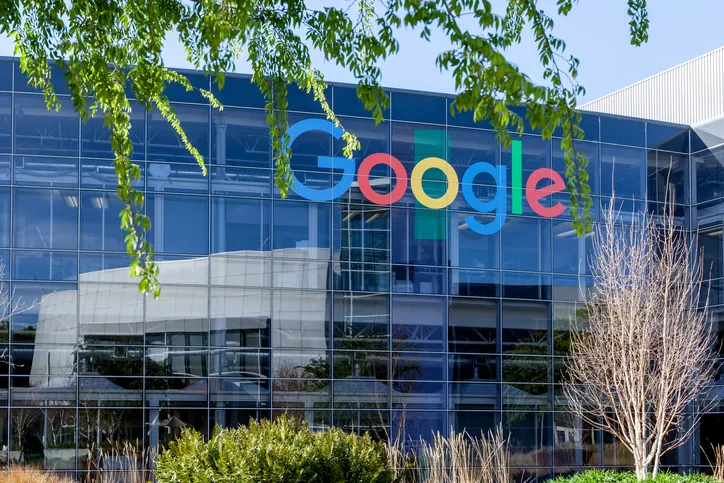
For the first time since the breakup of AT&T four decades ago, the U.S. government is considering dismantling one of the world’s largest tech monopolies: Google. In a court filing on Tuesday night, the Department of Justice (DOJ) indicated it may propose separating Google’s core search business from its other major products, such as Android, Chrome, and the Google Play app store.
The DOJ’s filing suggests that a breakup would prevent Google from using these products to reinforce its dominance in search and emerging areas like artificial intelligence, creating more competition in the tech sector. The government’s proposal follows a federal judge’s August ruling that found Google had violated U.S. antitrust laws, labeling the company a “monopolist.”
In response, Google called the proposed action “radical,” arguing it would degrade the customer experience by potentially “breaking” Android and Chrome, stifling AI innovation, and compromising user privacy by forcing the company to share personal data with competitors.
“This case is about a set of search distribution contracts,” Google said in a blog post, criticizing the government’s broader agenda as one that could have far-reaching negative effects on consumers, businesses, and U.S. competitiveness.
Following the news, shares of Google (GOOG) fell 1.9% in early trading on Wednesday, although they recovered slightly later in the day.
Antitrust Violations and Potential Remedies
The government has accused Google of using a combination of exclusive contracts and interconnected products to suppress competition in the search market, leaving consumers with fewer choices. The case centers on the billions of dollars Google has paid to companies like Apple to make its search engine the default on smartphones and web browsers. In his ruling, U.S. District Judge Amit Mehta declared these deals to be anticompetitive.
Now that the court has ruled Google broke the law, the focus shifts to determining penalties. Among the possible remedies are bans on Google’s exclusivity deals, which could end its long-standing agreements with companies like Apple. The DOJ also proposed introducing a “choice screen” on devices, allowing consumers to pick their preferred search engine from the outset—a practice already implemented in the European Union.
The government may also look to block Google from promoting its search engine through its other products, such as Chrome automatically routing searches to Google. This type of self-preferencing has come under increasing scrutiny from U.S. regulators.
The DOJ is also concerned about Google’s power in artificial intelligence, given the vast amount of data the company controls. As a potential remedy, the government is considering letting websites opt out of having their content used to train Google’s AI models or appear in AI-generated search results. It could even push Google to share its AI search models with competitors.
Looking Ahead: The Broader Impact
The case is being described as the most significant antitrust action in tech since the government’s lawsuit against Microsoft in the early 2000s. Google plans to appeal Judge Mehta’s decision, maintaining that its search engine is popular because it offers the best user experience.
As Google awaits its fate, the outcome of this case could set the precedent for other ongoing antitrust lawsuits involving tech giants like Amazon, Apple, Meta, and Ticketmaster. Google is also facing a separate antitrust case brought by the DOJ and 17 states, accusing its advertising business of anti-competitive practices.
Whatever penalties Google faces could have lasting implications for the entire tech industry.





